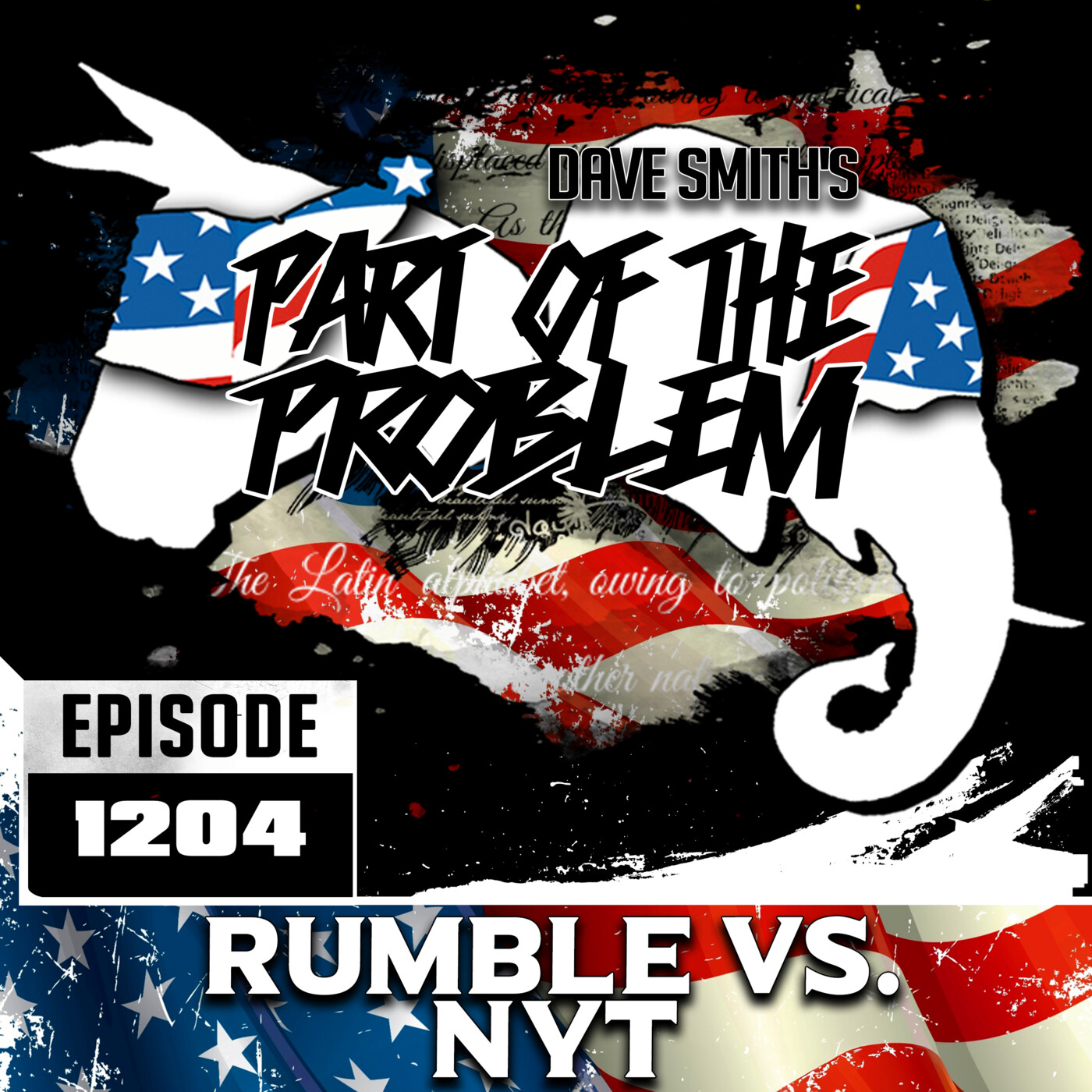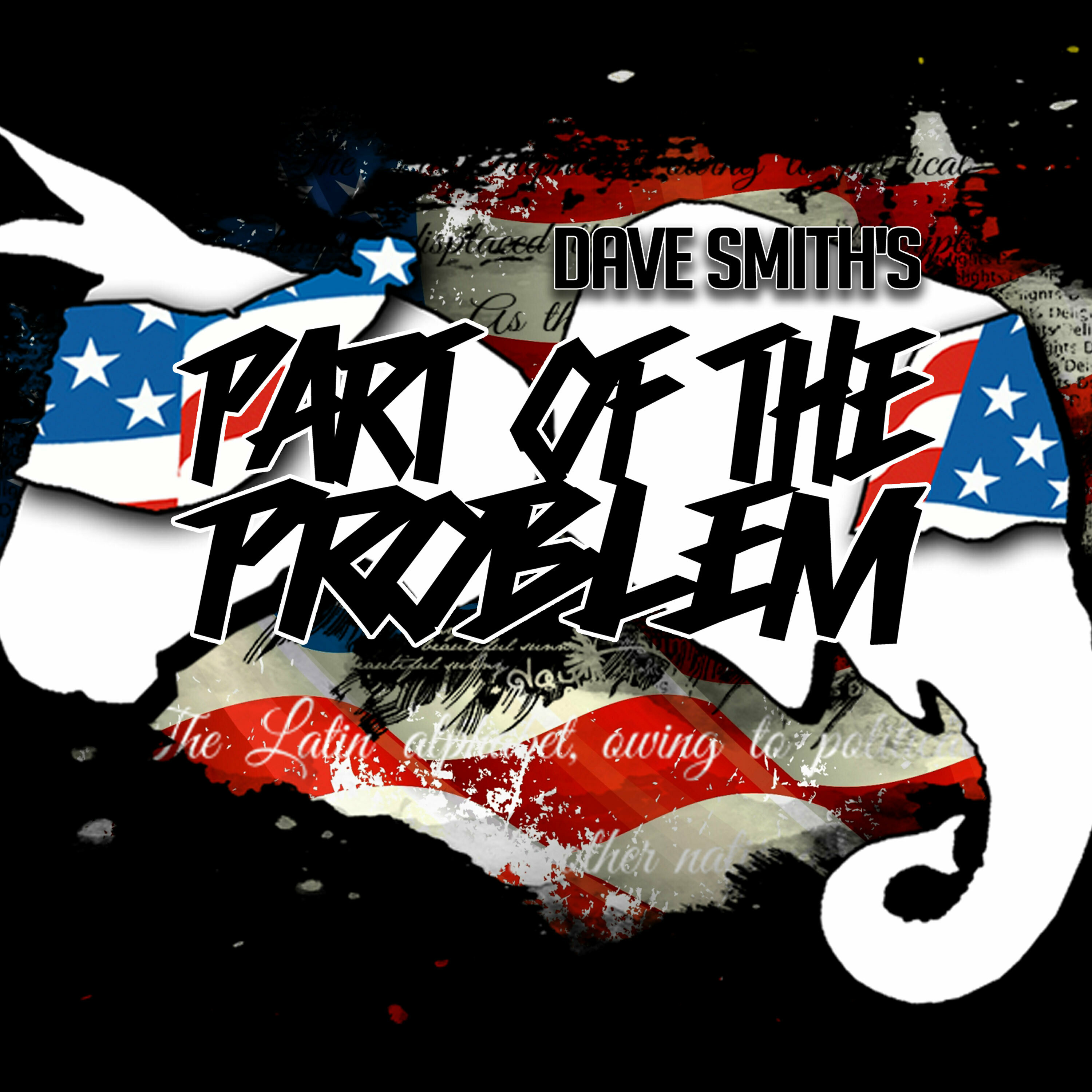
Deep Dive
Why did right-wing creators move to platforms like Rumble?
Right-wing creators moved to Rumble because it was a platform that allowed free speech without the risk of being banned, unlike YouTube, which had a history of censorship, especially during and after major events like January 6th and the COVID-19 pandemic.
What is the main criticism of the New York Times article about Rumble?
The main criticism is that the article frames Rumble as a 'right-wing YouTube,' ignoring the fact that Rumble became popular because it was a free speech platform, not because it was inherently right-wing. The article also fails to address the corporate media's own role in pushing censorship and bias, which drove people to Rumble in the first place.
How does the New York Times article misrepresent the reasons for Rumble's popularity?
The article misrepresents Rumble's popularity by focusing on the political leanings of its content creators rather than the platform's commitment to free speech. It ignores the fact that Rumble became a haven for creators who were being censored on other platforms, including YouTube, during events like the COVID-19 pandemic and the January 6th Capitol riots.
What does the podcast host say about the New York Times' qualifications to write about Rumble?
The podcast host argues that the New York Times' writer, who has only been monitoring right-wing media since 2020, lacks the depth of understanding needed to write a serious piece about Rumble. The host, who has been studying politics and media for 17 years, believes the writer's 47 hours of research is insufficient to grasp the complexities of the decentralized media landscape.
What is the podcast host's view on the corporate media's coverage of the media landscape?
The podcast host believes that the corporate media, including the New York Times, fails to honestly address the reasons for their decline in trust and relevance. Instead of self-reflection or acknowledging their role in pushing censorship and bias, they frame the rise of platforms like Rumble as a fringe phenomenon driven by outrage and misinformation, rather than a response to their own failures.
What does the podcast host say about the comparison between Rumble and YouTube?
The podcast host acknowledges that Rumble has some great content, particularly from creators like Glenn Greenwald, but finds it difficult to navigate compared to YouTube. While Rumble is a free speech platform, YouTube's user-friendliness and algorithm are superior, though YouTube has a history of censorship that drove many creators to Rumble.
What is the podcast host's opinion on the New York Times' framing of Rumble as a 'right-wing YouTube'?
The podcast host finds the framing misleading because Rumble's appeal lies in its commitment to free speech, not its political alignment. While many right-wing creators found a home on Rumble due to censorship on other platforms, left-wing creators like Glenn Greenwald also thrive there. The label 'right-wing YouTube' ignores the platform's core value of free speech.
What does the podcast host say about the corporate media's role in the rise of platforms like Rumble?
The podcast host argues that the corporate media's own censorship and bias during events like the COVID-19 pandemic and the January 6th Capitol riots drove many creators and audiences to platforms like Rumble. The corporate media's refusal to acknowledge this role and instead frame Rumble as a fringe, right-wing platform is seen as a way to avoid self-reflection on their own failures.
What does the podcast host say about the quality of the New York Times article on Rumble?
The podcast host describes the article as a 'puff piece' that lacks depth and seriousness. The writer's experiment of consuming only Rumble content for a week is compared to a light-hearted lifestyle article, rather than a serious analysis of the media landscape. The host believes the article fails to grapple with the real issues driving the rise of decentralized media platforms.
- The New York Times article labels Rumble as "right-wing YouTube", a biased framing given the platform's primary appeal as a free speech alternative.
- The hosts' podcast has a substantial audience, exceeding many corporate media shows.
- Rumble's user-friendliness is discussed, with YouTube being preferred but Rumble valued for its free speech stance.
Shownotes Transcript
Dave Smith brings you the latest in politics! On this episode of Part Of The Problem, Dave is joined by co-host Robbie "The Fire" Bernstein to discuss the New York Times article "I Traded My News Apps for Rumble, The Right Wing YouTube," their thoughts on rumble and the media landscape in general, and more.
Original air date: 12.14.24
Support Our Sponsors
Sheath - https://sheathunderwear.com) use promo code PROBLEM20
YoKratom - https://yokratom.com/)
Part Of The Problem is available for early pre-release at https://partoftheproblem.com as well as an exclusive episode on Thursday!
Rob's live Dates
12.19 - Rutherford NJ - https://www.ticketweb.com/event/the-political-comedy-jam-with-williams-center-spring-tickets/14049363
12.21 - San Antonio - https://www.eventbrite.com/e/backyard-comedy-party-san-antonio-texas-tickets-1102952734319?aff=oddtdtcreator
Find Run Your Mouth here:
YouTube - http://youtube.com/@RunYourMouth
iTunes - https://podcasts.apple.com/us/podcast/run-your-mouth-podcast/id1211469807
Spotify - https://open.spotify.com/show/4ka50RAKTxFTxbtyPP8AHm
Follow the show on social media:
X:
Instagram:
http://instagram.com/theproblemdavesmith
http://instagram.com/robbiethefire
#libertarian
See Privacy Policy at https://art19.com/privacy) and California Privacy Notice at https://art19.com/privacy#do-not-sell-my-info).
